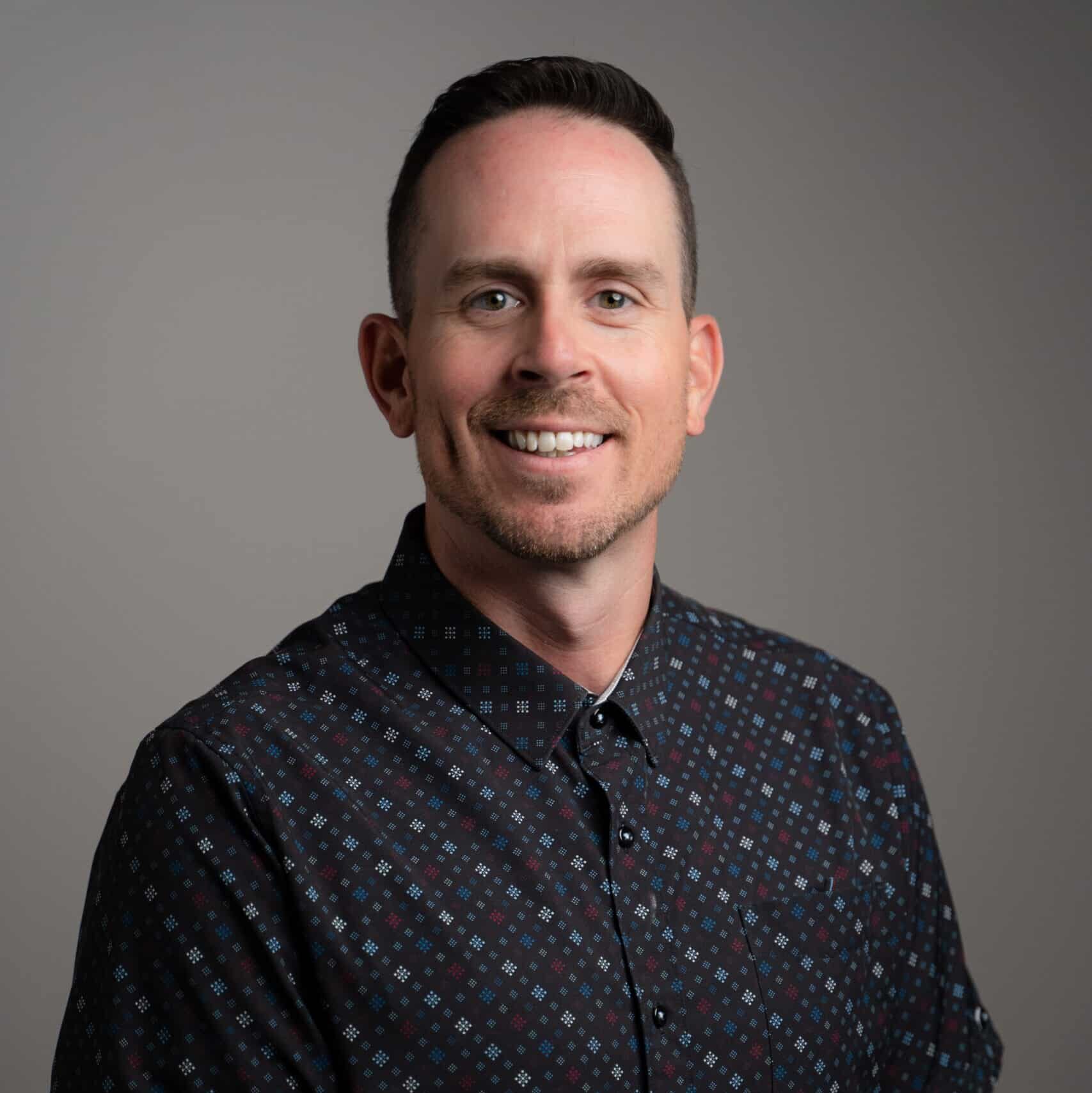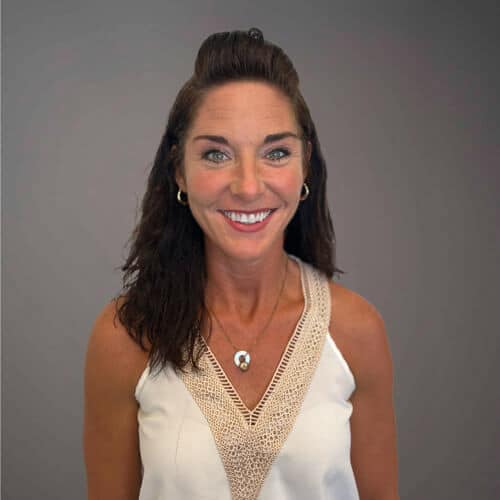Addiction and Mental Health Intervention Services in Alabama
Our S.A.F.E.® (Self Awareness Family Education™) Intervention Services in Alabama Helps Families with Loved Ones Experiencing Addiction and Mental Health Concerns
When you speak to people in recovery who have been sober for any length of time, they all have one thing in common. The commonality is understanding that you must have pain and consequences to find recovery. Anyone of them will tell you that nobody seeks help on a winning streak, nor does enabling, coddling, or validating negative behavior get people to treatment or the rooms of Alcoholics or Narcotics Anonymous. For those with mental health struggles that have significantly improved, not one of them has ever said, I lied to my therapist or psychiatrist, chose not to address my mental health disorders, replaced my medication with drugs or alcohol, and improved my condition. There is some truth and accuracy to the belief that to change, you must want help and hit bottom. What is rarely, if ever, discussed is why the person is not at the bottom and why they do not see the need for help. One of the number one predictors of successful outcomes in addiction and mental health treatment is the environment, and we include the family system as a significant factor that directly impacts the condition of the environment.
When a family is enabling, supporting, or even choosing inaction by looking the other way, this does not present an argument for the person with addiction or mental health problems to consider change. The data and case studies support the idea of moving through the stages of change. The intended patient must acquire ambivalence in the second stage of the five stages. In lay terms, ambivalence is seeing both sides of an argument and recognizing whether the current situation should change or remain the same. If the intended patient cannot see the need to do anything different, they most likely will not. When it is recognized that the current situation is more harmful than the perceived fear of doing something different, the person will almost certainly go the new route. The science and evidence of these concepts are part of the foundation of our S.A.F.E.® Intervention Services in Alabama and nationwide. We help families see what they can change and how to change it for their loved one to acquire ambivalence and forge ahead into recovery from addiction and mental health struggles.
Families in Alabama and Elsewhere do not Have to Wait for their Loved Ones to Ask for Help or Hit Bottom
Families sitting around in a holding pattern, choosing the path of inaction while waiting for their loved one to ask for help or hit bottom was a wise and practical choice, said nobody. Families in Alabama who are at their bottom and asking for help can take the first step with our S.A.F.E.® Intervention Services. Addiction and mental health problems are not going to correct themselves. Unless the person with addiction and mental health concerns sees the need to improve, then they will not fix the problem. Our experience with residents of Alabama tells us that intellectually, the family understands this. Unfortunately, like most others, regardless of where they are in the nation, families struggle with addressing the problem due to emotions, irrespective of their intellectual capacity to see the forest amongst the trees.
Adjusting the environment is far easier and far more effective than trying to change the person with addiction and mental health concerns, where most families start. The prominent tagline throughout our website states that interventions are not about learning how to control your loved one; they are about letting go of believing you can. Exhausting all your efforts into trying to talk your loved one into treatment almost always fails because it does not address where your loved one must be in their mind to change. If you fall into a 100-million-dollar windfall, we can talk to you all day about getting a job, and you certainly would not have to. We understand your loved one is likely not sitting on significant cash. What we are saying is that in their world and perception, it does not take much for someone with addiction and mental health problems to consider their situation comfortable. What a family or the outside world may view as something they would never consider comfortable, the standards or bar your loved one has set for themselves and is accepting of is much lower. Seeing it this way is where families struggle the most, believing their loved one’s life is far worse than their loved one thinks it is and wondering why they are not doing anything about it. To achieve any chance of a successful outcome, we must address the environment and move the bar.
An intervention is not about how to control your loved one with a substance use or mental health disorder; it is about learning how to let go of believing you can.
What to Consider When Choosing an Interventionist in Alabama
The most significant reason families in Alabama and elsewhere fail when choosing an interventionist is not understanding an intervention. Almost everyone prefers a local, inexpensive interventionist, believing a local, solitary person will somehow make things better. For starters, there are very few interventionists in Alabama. Secondly, interventions are neither inexpensive nor as simple as someone coming to your home to inspire your loved one to seek help. If this is all you desire, then by all means, go to your local Alcoholics or Narcotics Anonymous meeting hall and have some of the members come over and talk to your loved one for free. You should never pay an interventionist one penny for only a speech. If your interventionist does not have a team of professionals working with them along with an extended family recovery curriculum, then you’re paying too much if you pay anything. Interventionists who try to convince your loved one to go to treatment and do nothing more are not professionals. Please remember that. Intervention requires much more than knowledge of recovery and the gift of gab.
Interventions are not like you see on television shows, nor are interventions ultimatums and coercive tactics. Interventions in Alabama and elsewhere help families first before helping their loved ones. Addiction and mental health require professional support, not a speech to your loved one, so they check into treatment. Please remember that the interventionist who comes to your home to guide you through the family preparation process will attempt to inspire your loved one into treatment, which is a small piece of the overall process. What happens before the intervention is much more in-depth, and what happens after matters most. Regardless of the outcome, your family will go through significant changes and emotional volatility, as will your loved one. Interventionists who offer little or no support afterward will leave you no better off than before the intervention. Please consider the complexity of addiction and mental health, and please remember interventions are not solely motivational speech. Your family needs as much help as your loved one, especially after the intervention. After the intervention, your loved one starts the recovery and healing process, and so should the family by way of family recovery coaching and ongoing support and guidance.
“The most formidable challenge we professionals face is families not accepting our suggested solutions. Rather, they only hear us challenging theirs. Interventions are as much about families letting go of old ideas as they are about being open to new ones. Before a family can do something about the problem, they must stop allowing the problem to persist. These same thoughts and principles apply to your loved one in need of help.”
Mike Loverde, MHS, CIP










